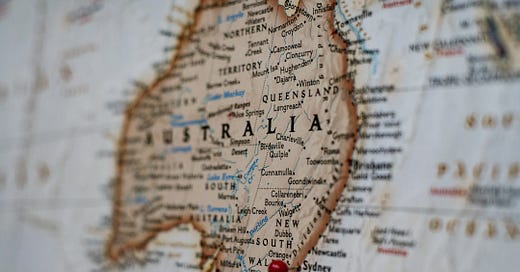According to the latest data from Queensland Health, the number of melioidosis cases reported year to date is 222. This is from the 5-year-average of 62 at this time of the year.
In addition, 31 deaths have been recorded.
The case totals are a 400% increase in cases in Cairns and a 600% increase in Townsville compared to the average over previous years.
Professor Jeffrey Warner with James Cook University said Townsville received about five times more rain than normal, measuring up to 5m during the wet season, and as a consequence about six times more melioidosis cases were reported at this time of year.
However, the same situation is not present in Cairns. “Cairns had a bit more rain year to date than average it was not significantly more rain, but it had a very large increase in cases that were four times more than normal”, Warner said.

It has been suggested the movement of soil during highway construction and urban expansion could be a potential mode of transmission.
Melioidosis vaccine shows promise in mouse study
Melioidosis is a serious bacterial disease, caused by Burkholderia pseudomallei, found in ground water and soil, and you may be at risk of infection, particularly if you have an underlying medical condition such as diabetes, kidney or lung problems, or are immunocompromised.
Symptoms of melioidosis may include: fever, cough and difficulty breathing.
The effects can be very severe and often require hospitalization for antibiotic treatment.
To reduce your risk of melioidosis infection, avoid contact with soil or muddy water, particularly after heavy rains.
Wear protective footwear - NOT open footwear such as thongs and sandals - when outdoors, especially in muddy conditions.





